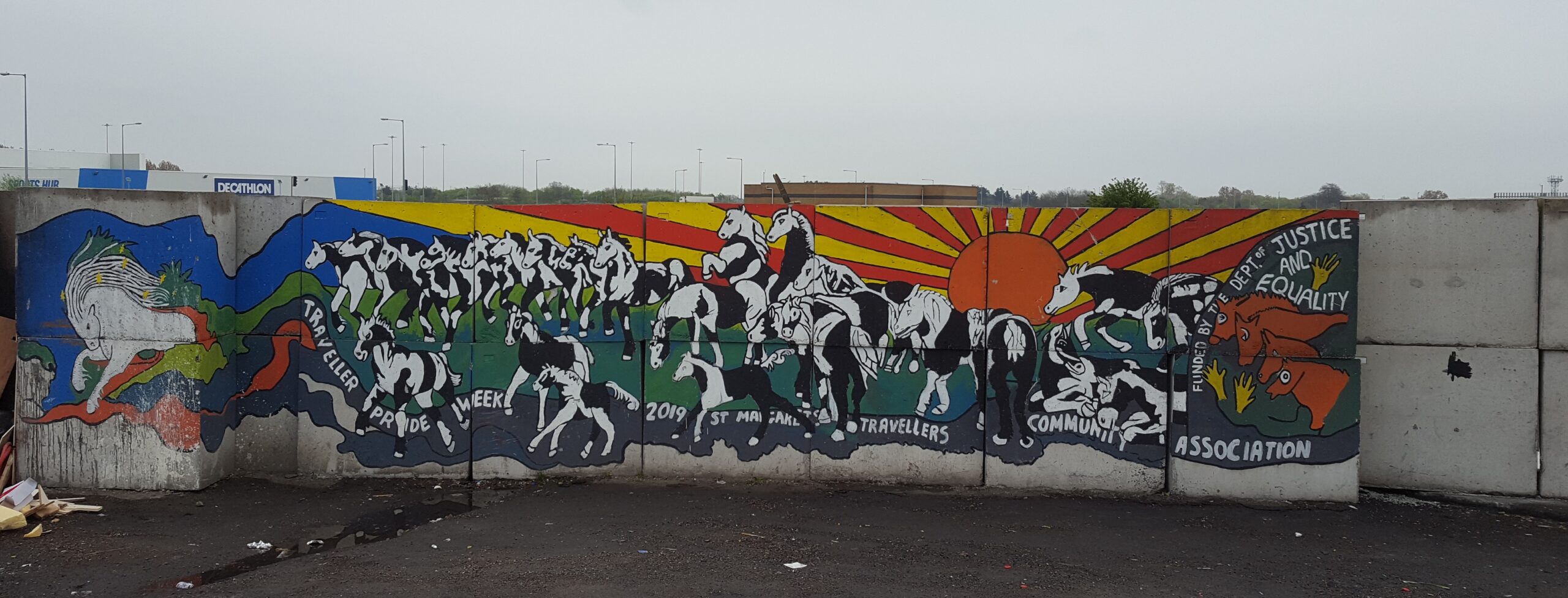
This issue of Working Notes is dedicated to Travellers, who remain one of the most marginalised and vulnerable groups in Ireland. Prejudice against Travellers seems like the last acceptable form of bigotry, and excuses for it are rife. Despite the progress we have made in recent decades in how we perceive and treat members of minority groups, and our rightful abhorrence of racism, it is still acceptable in most company to refer to the ‘problems’ with this group and how it is really their own fault that we exclude them from our settled mainstream society. But if we would not say the same about the Maori in New Zealand or Aboriginal People in Australia – and few people would – then the incoherence of our claim is revealed. Because although we are not ‘colonisers’, we – members of the settled, mainstream society – are complicit in the ongoing oppression of Travellers by our refusal to accept, acknowledge and respect them as an ethnic group with a centuries old history, which is struggling to survive and thrive in a world that has changed beyond recognition.
Travellers are particularly affected by injustices involving the areas we advocate for in the JCFJ – housing and homelessness, prisons and penal policy, and environmental justice. They are overrepresented in Irish homelessness statistics and are present in emergency accommodation at a rate that is out of proportion to their percentage of the population. A similar disproportionately high number are in our prisons, but official figures—if they existed— would be an underestimate as Traveller men and women are reluctant to reveal their ethnic identity in places of detention as they fear it would put them at risk of further maltreatment. Travellers are often affected by energy poverty, due in part to living in substandard energy-inefficient accommodation, and by the rising cost of electricity, which makes having basic necessities like adequate heating unaffordable. These issues are discrete but interrelated and are connected by poverty, exclusion and discrimination.
In the first essay in this issue The Promise of Theology from the Edgelands, Dr Steven Horne, author of Gypsies and Jesus and a member of the Romany community in the UK, talks to Kevin Hargaden about the incongruence of the claim to be a Christian while also discriminating against GRT [Gypsy, Roma, Traveller] people. The second essay in this issue, Power Issues: Energy Poverty in Irish Traveller Communities, by Aoife Foley of MABS, and Dr Ehiaze Ehimen of Atlantic Technological University outlines the impact on Travellers of being unable to access essential energy services and products, resulting in bleak situations for people who sometimes have to go without light or heat for their homes. The third essay Where Is My Mind: Traveller Accommodation and Mental Health by Thomas McCann and Claire Hargaden of the Traveller Counselling Service reveals the mental distress and harm to Travellers that is caused or exacerbated by substandard accommodation. In the final essay Irish Travellers and Prison: Discrimination, Education, and Lateral Violence, two Traveller men tell Martina Madden about their experiences of imprisonment and illustrate the wider context of how discrimination by society and by the justice system affects everything in their lives.
Together these essays* paint a picture of the hardship of Travellers’ lives. The 2015 fire in the ‘temporary’ halting site in Carrickmines in which 10 people died should have been a real turning point for our society. But at that crucial juncture where we should have finally realised that the way we treat Travellers matters, and acted upon this realisation, we did nothing. Our continued prejudice and exclusion has already cost many Travellers’ lives, not only through fatal accidents but through deaths of despair as their bleak suicide statistics reveal. It will cost many more unless we commit to consigning our lingering, toxic racism against Travellers to history.
* Three of the essays in this issue of Working Notes were produced in collaboration with members of the Irish Traveller community, and the fourth with a member of the Roma community in the UK. Our aim in the JCFJ is to not speak on behalf of Travellers but to be allies in their struggle for justice.

